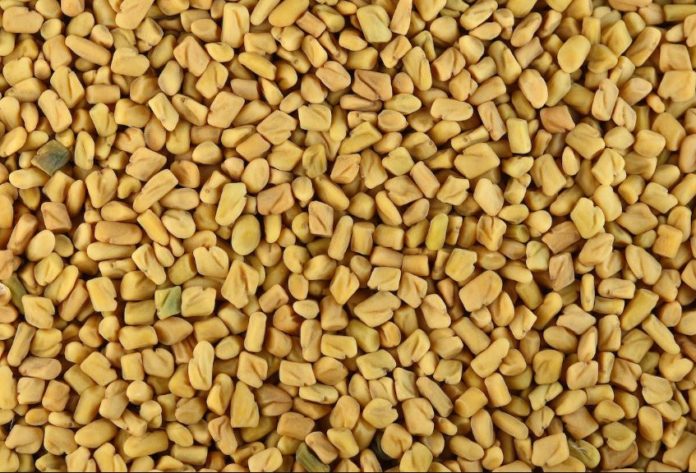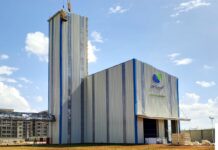The World Bank, CORAF and Gambian Ministry of Agriculture, has officially launched, the national distribution campaign of certified seeds for 2022, in Abuko Banjul, Gambia. The initiative is part of the operations of Gambia Inclusive and Resilient Agricultural Value Chain Development (GIRAV) project.
“A total of 12,500 smallholders producers, of which 10,000 are producing rice and 2,500 are producing maize, are targeted for this seed programme and we anticipate that 50% of them will be women,” said Ms. Feyi Boroffice, World Bank Resident Representative in the Gambia.
GIRAV project targets smallholder farmers and small agribusinesses operating in four identified priority value chains: rice, horticulture, cashew and poultry in conjunction with maize for feed. Beneficiaries will also receive certified maize seeds, for poultry feed.
Unsustainable food trend
“Gambia staple food is rice and it is consumed in almost all households. And less than 40% of the quantity consumed is produced locally. Hence, 20 millions US dollars are annually spent on food import. To curve this negative and unsustainable trend, the Gambian Ministry of agriculture in collaboration with the World Bank, CORAF and AfricaRice, has introduced climate-smart and salt tolerant rice varieties in the farming systems in 2022 seasons,” said Dr. Demba Sabally, Minister of Agriculture of The Gambia.
A total of 200 metric tons of rice seeds and 50 metric tons of maize seeds will be distributed to farmers in the country. As a regional body, CORAF is responsible for facilitating the transfer of technologies across the region, within the framework of the GIRAV programme.
“The improved and climate-adapted varieties that are given to Gambian farmers will enhance their resilience to climate change and other challenges and help Gambian agriculture transition from subsistence to market-oriented agriculture,” Senior Project Coordinator at CORAF, Prof. Nieyidouba Lamien, said.








